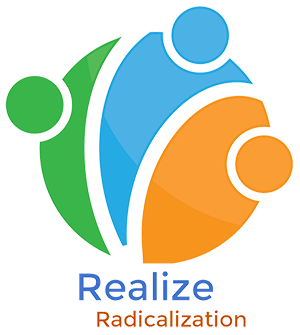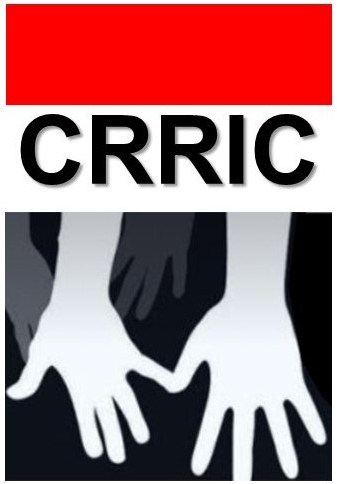[vc_row][vc_column][vc_separator css=”.vc_custom_1592076377183{padding-top: 15px !important;}”][vc_column_text]First Nations, Inuit, and Metis Nation children for a period more than 150 years were (forcefully) taken from the families and communities to attend schools which were often located far from their homes. These schools are what is been termed today as residential schools. According to National Center for Truth and Reconciliation University of Manitoba, more than 150, 000 children attended Indian Residential Schools and many never returned alive. In 1883, Hector Langevin, The Public Works Minister of Canada said “in order to educate the children properly we must separate them from their families. Some people may say that this is hard but if we want to civilize them we must do that”. In 2015, The Truth and Reconciliation Commission of Canada (TRC) concluded that residential schools were “a systematic, government-sponsored attempt to destroy Aboriginal cultures and languages and to assimilate Aboriginal peoples so that they no longer existed as distinct peoples” These statement and conclusion raise some pertinent questions that begs for our attentions today.
Faith/religion has been identified as vehicle of peace as well as conflict. As number of unmarked graves of children of residential schools are being uncovered Canada wide, there are urgent calls from different quarters and voices to really find out what really transpired in these residential schools. Most Rev. Gerard Pettipas, C.Ss.R., The Archbishop of the Catholic Archdiocese of Grouard-Mclennan in Alberta in his letter to the Catholic Faithful of the Archdiocese dated 4th June 2021 wrote “the news of the discovery of these unmarked graves has taken many Canadians by surprise. For those of you who attended residential schools, this news may bring up memories that you have been trying to heal, and the wounds are opened once again…. For those who cherish our Church and our faith, this raises questions about our role in operating these schools”. How can faith provide the platform for reconciliation with the Indigenous people?
My name is Chukwudi Jieme, a final year master’s Student of Peace and Conflict Studies in the University of Manitoba. I am presently doing my Practicum with Conflict and Resilience Research Institute Canada (CRRIC), a non-governmental organization whose mission is to enhance knowledge on conflict through research and dialogue to suggest sustainable conflict transformation. I am running webinar series on the general research topic: FAITH DRIVEN CONFLICT: HOW TO RECONCILE WITH THE PAST FOR THE PRESENT
The objectives of this webinar are to find out the name of the churches involved and their roles in the running of the residential schools among Indigenous communities, what they did well and what they did not do well. The findings of this project will help the churches to accept responsibility where they failed, exonerated where necessary, praised where they did well and render apology where necessary so that the conflict of residential school can move towards reconciliation, healing, and transformative resolution
To facilitate a robust academic discussion around my research general topic, I raise the following discussions questions for my intending webinar participants:
1. Who were the founders of residential schools?
2. What were the original intentions or aims for establishing residential schools?
3. Could residential schools be termed civilization or colonialization strategy?
4. How did they Indian, Metis, and Inuit people perceive or receive the residential schools?
5. What are some of the impacts of residential schools on the Aboriginal people?
6. What were the roles of faith-based organizations in running residential schools in Canada in
the past?
7. How can broader reconciliation based on faith happen in Canada?
8. What are the roles of Buddhist ultranationalist groups (such as Ma Ba Tha) in Rohingya
genocide?
If you wish to participate, contact me via : chukwudi.jieme@crric.org; jiemec@umanitoba.ca ; chukwudijieme@gmail.com
Suggested dates are: September 26, October 17, 31, November 14, and 28 2021 @ 4pm Winnipeg time[/vc_column_text][/vc_column][/vc_row]





